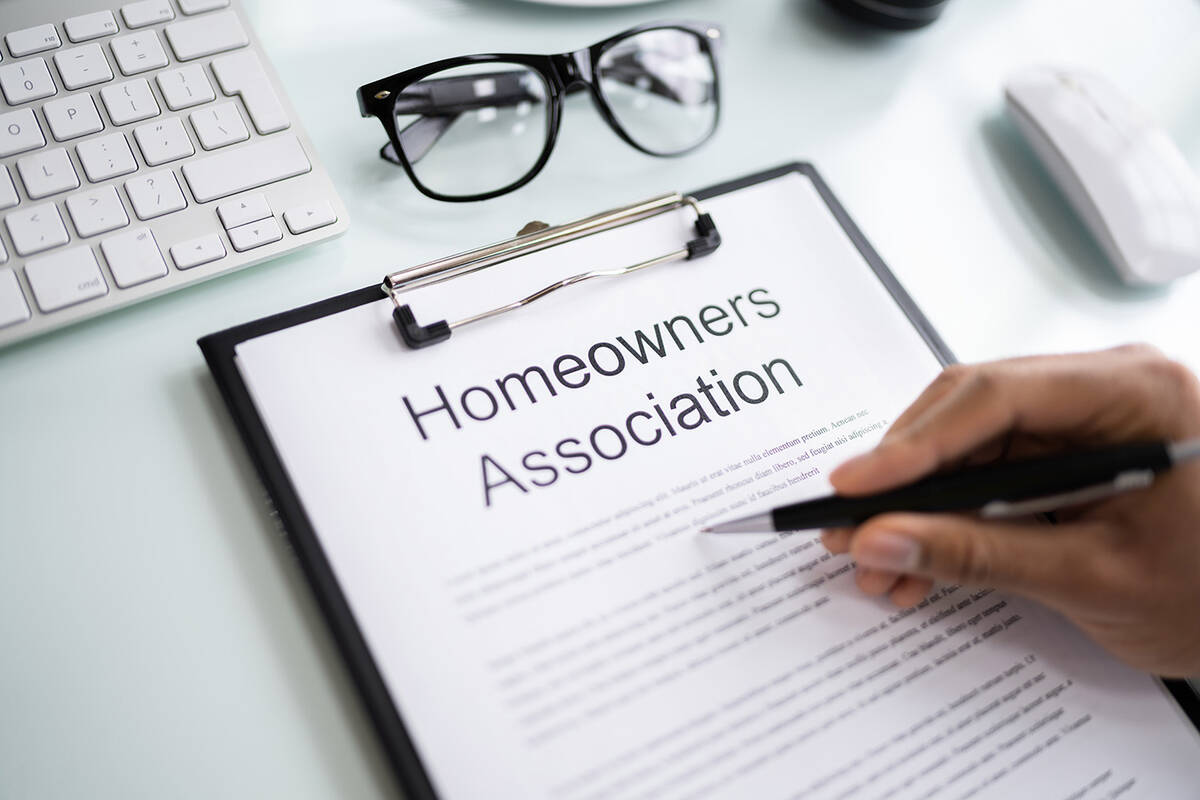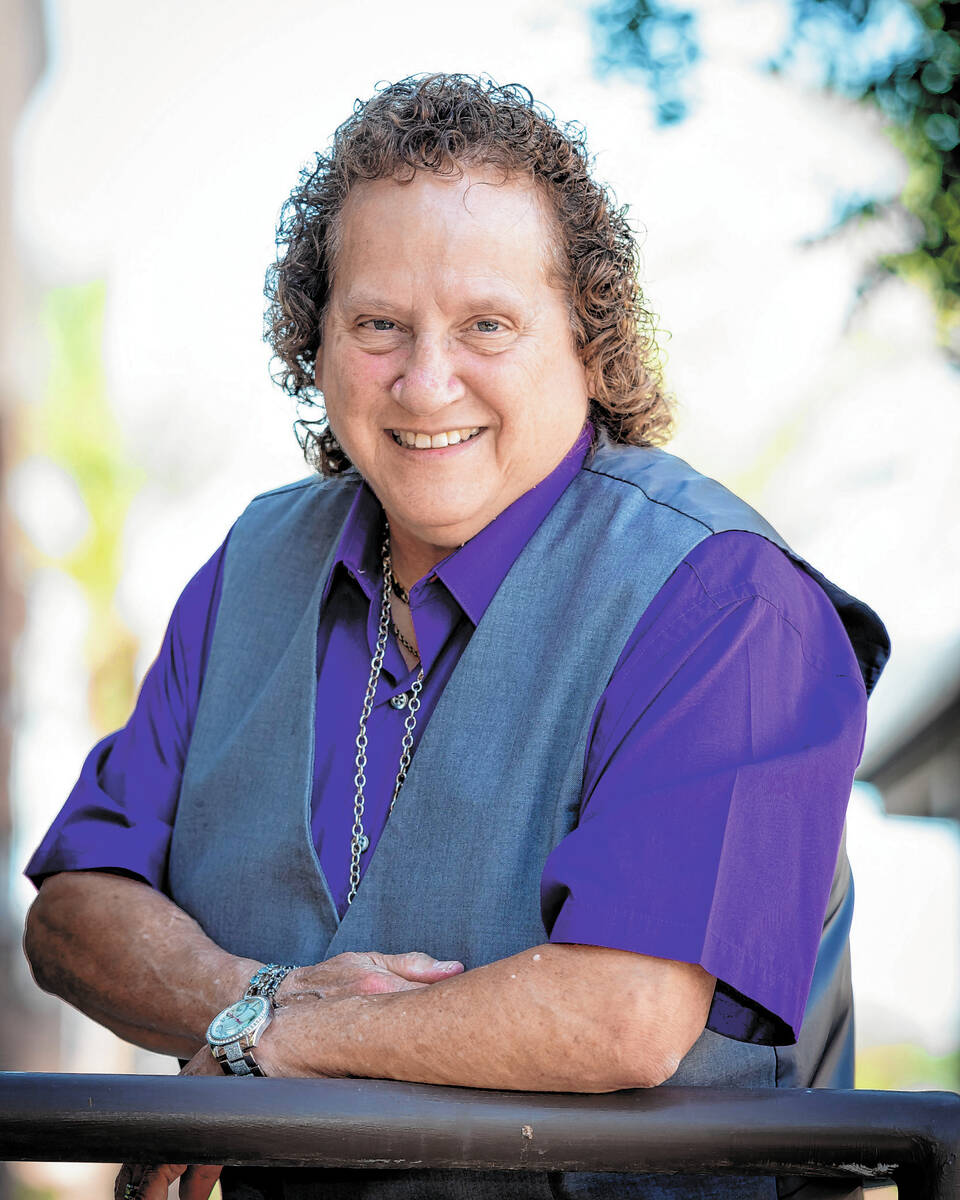Can my HOA demand NDAs for committee volunteers ?
Q: Our homeowners association is requiring a four-page NDA (nondisclosure agreement) signed by any resident who is interested in volunteering to serve on our various committees. We are an active-adult (age-qualified) community with very talented, experienced individuals. Many residents are now either quitting the committees they served on or refusing to volunteer.
Consequently, we have lost many in our pool of talented residents because of the concern they could jeopardize their retirement funds if there was a a legal issue in which their committee may become involved in.
Our governing documents do not require the NDA to be signed. What can be done to rid our community of this nonsense?
A: An NDA is a legal agreement that defines information that the parties wish to protect from dissemination and outlines restrictions on use. NDAs are also valuable to protect the ability to patent an invention, something that can be compromised if a disclosure of the invention becomes public knowledge.
Not all associations utilize the NDA agreement for their board of directors and committee members. The NDA agreement is often used for the board of directors, the Covenant Committee (violation) and for the Finance Committee. Although the NDA may not be specifically noted in the covenants, conditions and restrictions, association boards generally have the power to develop criteria for serving on their committees.
You mentioned legal concerns as one of the reasons for volunteers deciding not to serve on the committees. Generally speaking, committee members are covered under the association’s insurance policy, as committee members could be named in a lawsuit, with or without the NDA. The NDA does have a more direct impact on homeowners serving on committees since it outlines what is acceptable and unacceptable practices.
This policy is a board decision and would most likely have to be rescinded by the board.
Q: I am the treasurer of my association. My board has been debating with each other and with our management company as to what constitutes adequate funding of our reserves. I have been told that Nevada Revised Statutes 116 does not have a specific percentage of what the reserve balance should be. Please advise.
A: NRS 116.3115 pertains to the funding of reserves. There is no specific percentage that is required to be in compliance with this law. Under subsection 2b, the association shall establish adequate reserves, funded on a reasonable basis, for the repair, replacement and restoration of the major components of the common elements and any other portion of the community that the association is obligated to maintain, repair, replace or restore.
Under NRS 116.31151 (1b), the association’s budget must provide adequate funding of the reserves which should be based upon the reserve study.
There has been much discussion of what is adequate reserves. In 2022, the Commission for Common-Interest Communities and Condominium Hotels amended NAC 116.245 to define adequately funded to mean the association had funds sufficient to maintain the common elements as described in the governing documents and most recent reserve study.
Sufficient funds means “without using the funds from the operating accounts and without special or reserve assessments except for occurrences that are a result of unforeseen catastrophic events.”
The CCICCH has been citing associations that do not have adequate reserves. There are penalties for associations who are underfunded.
NRS 116.3115 (2b) does allow an association to establish a funding plan that is designed to allocate the cost for the repair, replacement and restoration over a period of years if the funding plan is designed in an “actuarially sound manner,” which will ensure that sufficient money is available when the repair, replacement and restoration of the major components are necessary.
Q: We live in a rural area in Nevada. Our board hired a self-employed landscaper who lives in our area. Is there any special license that he should carry to service our community?
A: Yes, if your landscaper plans to provide more services other than cutting the grass. There is a C-10 license for landscapers (see Nevada Administrative Code 624.280) who plants and maintains gardens, lawns, shrubs, vines, bushes and trees. In order to work on drainage, irrigation, installation, you would also need a C-10 license.
Your board should check to see if this individual has workers compensation, injury and liability insurance as well as a business license.
Barbara Holland, CPM, CMCA, is an author, educator and expert witness on real estate issues pertaining to management and brokerage. Questions may be sent to holland744o@gmail.com.













